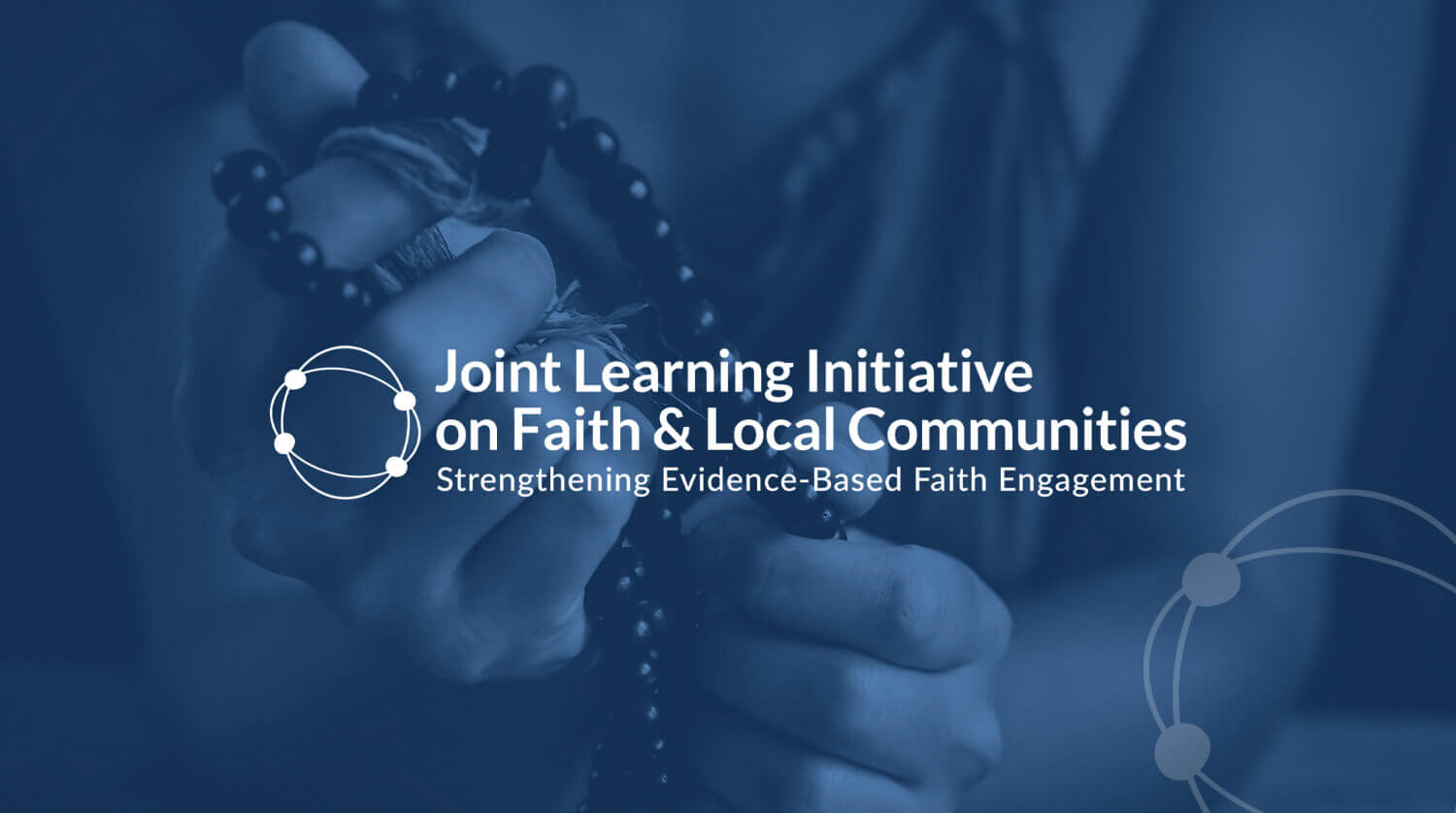Looking back to look forward: COVID-19 and Faith Reflections on 2020-2021 Webinar Series
The Berkley Center, the Joint Learning Initiative on Faith and Local Communities (JLI), and the World Faiths Development Dialogue (WFDD) have been tracking religious responses to COVID-19 since this date two years ago – 11 March 2020. At the two year mark of this ongoing documentation and analysis process, we take stock of the initiative, its results so far, and announced our newly re-designed repository of religions and COVID-19 resources.
Part two of a webinar series on the theme of “Looking Back to Look Forward,” this webinar takes stock of the Religious Responses to COVID-19 project, which has involved continuous monitoring of media, research analysis and commentary, and regular publications and webinars to distill this information. This event launched a website platform for the project’s resource repository, which includes over 1,000 resources to date on how different faith actors have responded to the COVID-19 pandemic and broader emergencies. We also reflected on what an analysis of the resources collected so far can tell us about the major global themes in religious responses to COVID-19 and what research is needed next.
Speakers:
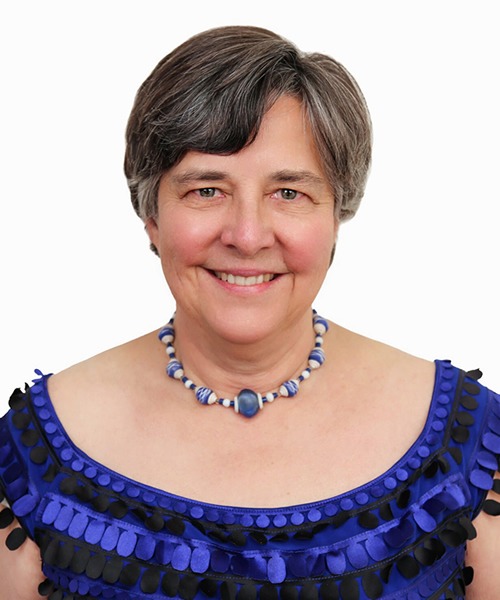
Katherine Marshall, World Faiths Development Dialogue & Berkley Center for Religion, Peace, and World Affairs
Katherine Marshall is a senior fellow at the Berkley Center for Religion, Peace, and World Affairs, where she leads the center’s work on religion and global development, and a professor of the practice of development, conflict, and religion in the Walsh School of Foreign Service. She helped to create and now serves as the executive director of the World Faiths Development Dialogue. She is also vice president of the G20 Interfaith Association. Marshall, who worked at the World Bank from 1971 to 2006, has nearly five decades of experience on a wide range of development issues in Africa, Latin America, East Asia, and the Middle East, particularly those facing the world’s poorest countries. She led the World Bank’s faith and ethics initiative between 2000 and 2006.
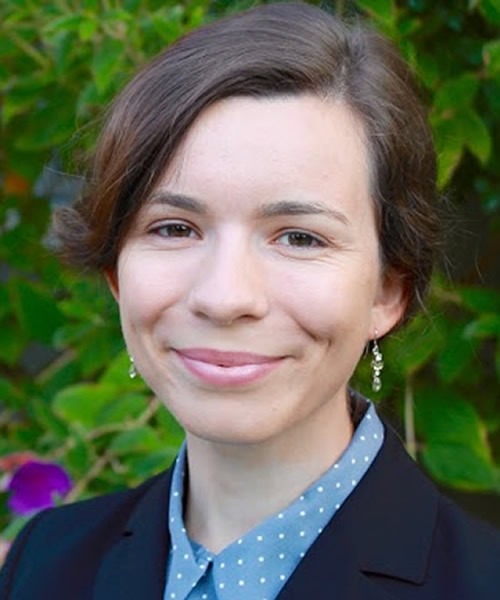
Olivia Wilkinson, Joint Learning Initiative on Faith and Local Communities
Dr. Olivia Wilkinson is the director of research at the Joint Learning Initiative on Faith and Local Communities. Her research focuses on secular and religious influences in humanitarian action, and she is the author of Secular and Religious Dynamics in Humanitarian Response (2020).
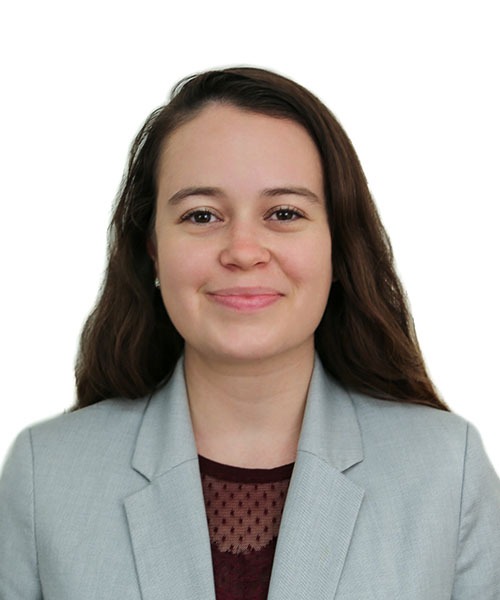
Ruth Gopin, Berkley Center for Religion, Peace, and World Affairs
Ruth Gopin is the Berkley Center’s events and projects manager. Before joining the Berkley Center in August 2019, Ruth worked as an independent contractor for the World Faiths Development Dialogue. She holds a B.A. in international development studies from McGill University.
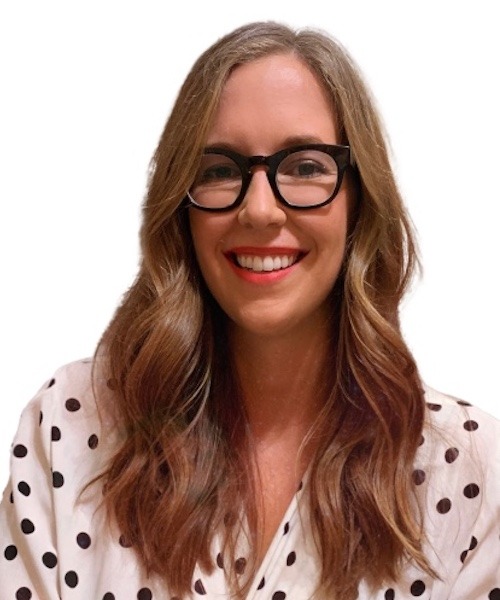
Sarah Thompson, World Faiths Development Dialogue
Sarah Thompson is a Project Manager for Bangladesh at WFDD. She has a bachelor’s degree in Sociology and Gender Studies from Roanoke College and a master’s degree in International Development with Migration from the University of Kent’s Brussels School of International Studies. Prior to joining the WFDD team, Sarah worked in the education and NGO space in both China and Cambodia and recently at Georgetown’s Institute for Reproductive Health focusing on family planning interventions in Nepal. Sarah has a strong interest in the intersection of religion, development, and gender equity in South Asia.
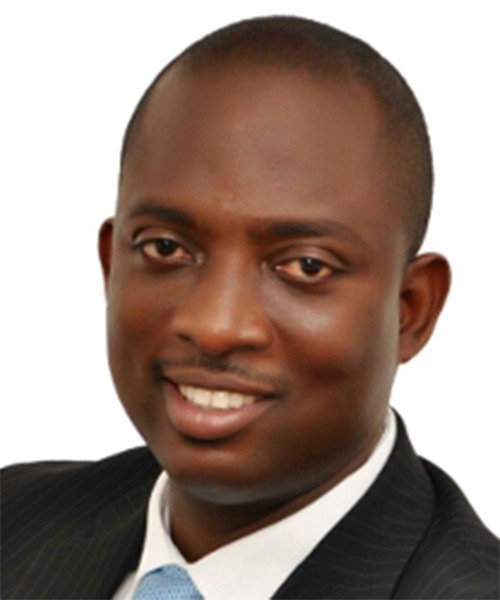
Peter Yeboah, Christian Health Association of Ghana
Peter Kwame Yeboah is the executive director of the Christian Health Association of Ghana (CHAG), which is the second largest provider of health services in Ghana. His areas of expertise, interest, and experience include: health systems strengthening/development, social policy, health sector policy planning, health care financing, and community-based PHC.
Accompanying Publications:
- New website: Faith and COVID-19 Resource Repository
- Working Paper: “Two Years and Counting: COVID-19 Through a Religious Lens“
Watch the first webinar of the series: Faith Engagement & COVID-19: What really works? and the third one: Two-year updates from National and Regional Faith Actor COVID-19 Responses.

